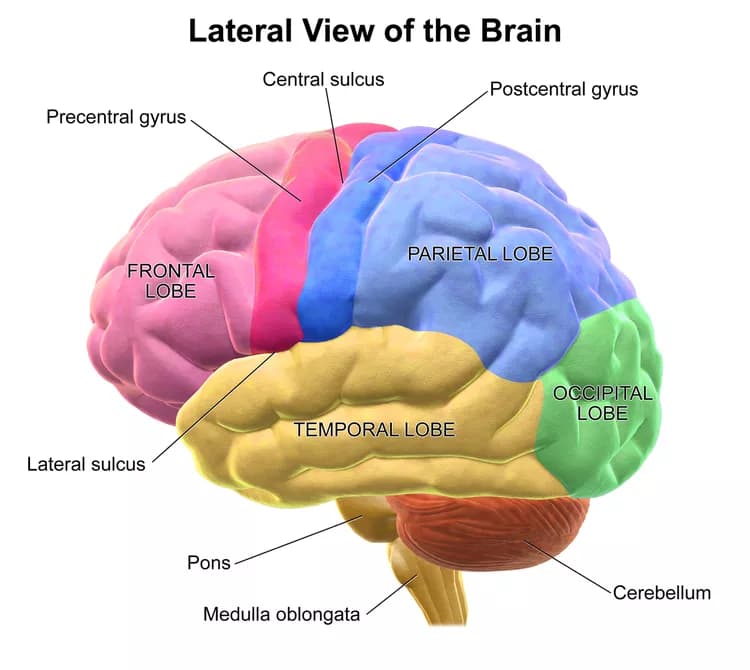
Rejuvenating The Brain's Disposal System
A characteristic feature of Alzheimer's disease is the presence of so called amyloid plaques in the patient's brain -- aggregates of misfolded proteins that clump together and damage nerve cells. Although the body has mechanisms to dispose these aggregates, it apparently cannot keep up with the load in the diseased brain. Researchers from the German Center for Neurodegenerative Diseases (DZNE), Munich and the Ludwig Maximilians University (LMU) Munich have now discovered a strategy to help the brain remove amyloid plaques. More precisely: they uncovered a factor that can activate microglial cells to engulf newly forming clumps in the brain. Microglia are the scavenger cells of the brain's immune system that function in keeping the brain tidy and free of any damaging material. The work is published today in The EMBO Journal.
Previous research addressing the function of microglia in Alzheimer's disease was hampered by methodological constraints. Researchers often used microglial cells cultured in a dish, but only microglia from newborn mice survive outside the body. However, young microglia are not ideal to investigate an age-related illness, especially since it was known that microglia change in the course of the disease. All in all, the role of microglia in clearing the brain of amyloid plaques was still under debate.
The research team from Munich, headed by Christian Haass and Sabina Tahirovic, devised a new tissue culture system to address these issues. The scientists took aged brain tissue from mouse model of Alzheimer's disease and co-cultured it with tissue from younger brains. They observed that, within a few days of culturing, amyloid plaques were starting to clear away.
A detailed analysis of this process revealed that microglia from the aging tissue were engulfing the plaques on site, but they received some long-distance assistance from the younger tissue in the dish. In fact, young microglia were secreting factors that helped old microglia rejuvenate, resume cell division and take up their work: clear the brain from plaques. One of the factors that reactivated aged microglia is called "granulocyte-macrophage colony stimulating factor," or GM-CSF for short. The researchers found that GM-CSF alone could do the job.
GM-CSF has previously been reported to reduce plaques and improve cognition in a mouse model of Alzheimer's disease. However, it is not yet known if GM-CSF could potentially work as a new drug for Alzheimer's disease in humans. Caution is advised, because activating microglia may also have its downsides. Microglia secrete small proteins that induce inflammatory reactions and may harm neurons. The new model system of Tahirovic, Haass and their colleagues, however, can be explored further to search for additional factors that enhance the clearance of amyloid plaques.
Materials provided by EMBO. Note: Content may be edited for style and length.
Disclaimer: DoveMed is not responsible for the accuracy of the adapted version of news releases posted to DoveMed by contributing universities and institutions.
Primary Resource:
Daria, A., Colombo, A., Llovera, G., Hampel, H., Willem, M., Liesz, A., ... & Tahirovic, S. (2016). Young microglia restore amyloid plaque clearance of aged microglia. The EMBO Journal, e201694591. DOI: 10.15252/embj.201694591
Related Articles
Test Your Knowledge
Asked by users
Related Centers
Related Specialties
Related Physicians
Related Procedures
Related Resources
Join DoveHubs
and connect with fellow professionals

0 Comments
Please log in to post a comment.